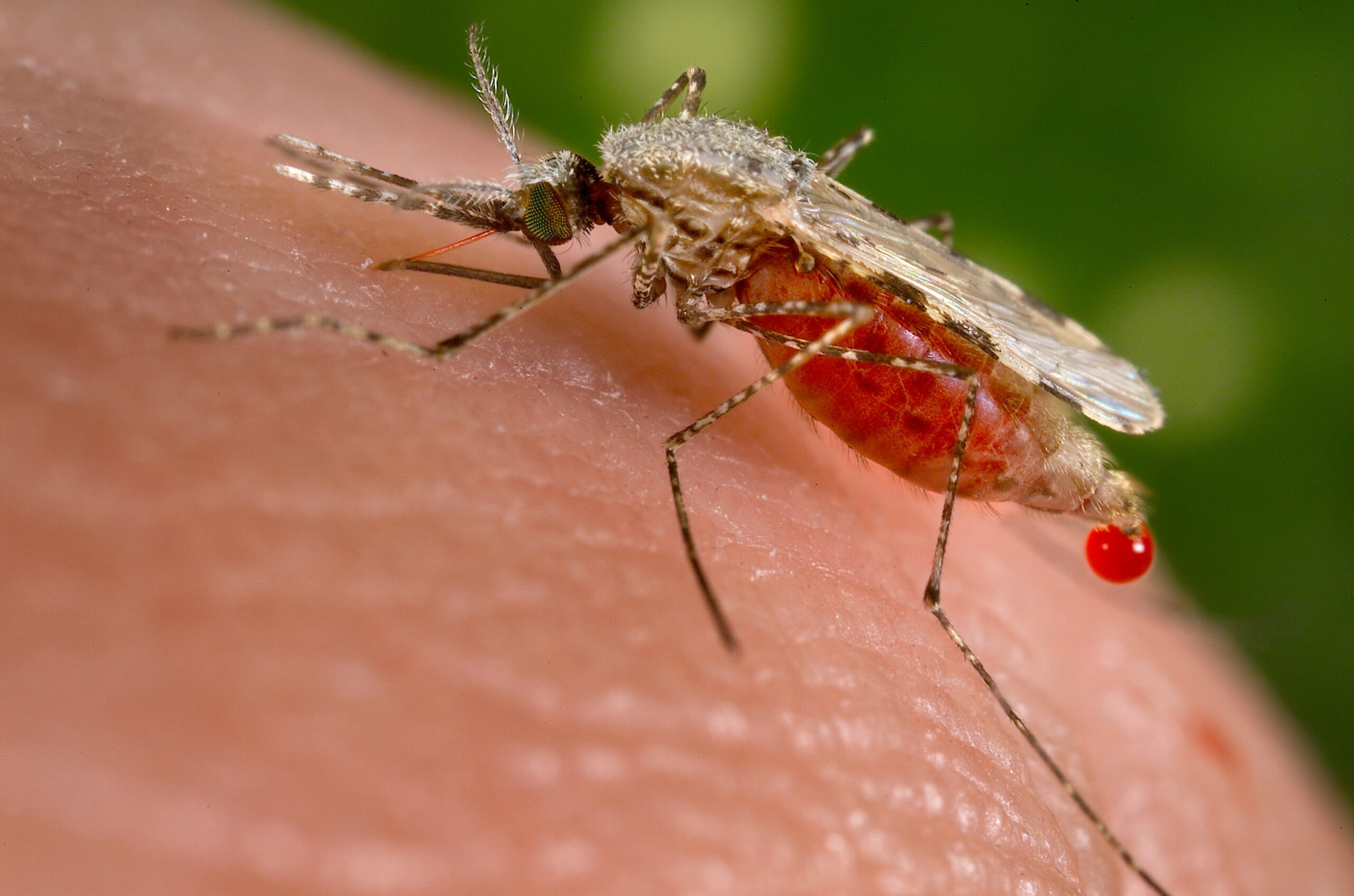Experts working in the field of malaria have called on government at all levels to put in place mechanisms to ensure sustainable financing for malaria in the country.
They made the call Tuesday in Abuja during a meeting of the Support for National Malaria Programme Phase 11 (SuNMaP2) organised by the Malaria Consortium.
- Officers gunned down, ‘two majors’ kidnapped as bandits break into NDA
- Mpape demolition to continue till December
The programme was implemented in Jigawa, Katsina, Kano, Kaduna, Lagos, Yobe and the Federal Capital Territory (FCT).
The National Team Lead, SuNMaP2 project, Dr Lola Mabogunje, said domestic funding for malaria was still too low.
She added that it was important for the country to think beyond donors in malaria funding.
She said the essence of the SuNMaP2 project is increasing domestic funding for malaria and reducing out of pocket expenditure for the disease among Nigerians.
She said its achievements include instilling the drive for health programming with domestic funding, engaging stakeholders on sustainable financing, as well as supporting malaria programmes in the intervention states.
Dr Olufunmilayo Sanni Adeniyi, Director, National Malaria Elimination Programme of the Federal Ministry of Health said the government was working hard towards mobilising and increasing domestic resources for malaria.
She said the government was working towards setting up an ‘End Malaria Council Fund’ which is like a basket fund for malaria where everyone could donate resources for malaria.
She called on philanthropists, banks, and oil companies to support the malaria fight in the country.
Dr Gafar Alawode, programme director of Abt Associates on SuNMaP2 project, said the project has helped with the development of a roadmap for sustainable financing for malaria and built the capacity of state and non-state actors on ways to mobilise resources.
He said the timeframe of the project was truncated due to the global meltdown from COVID-19.

 Join Daily Trust WhatsApp Community For Quick Access To News and Happenings Around You.
Join Daily Trust WhatsApp Community For Quick Access To News and Happenings Around You.

